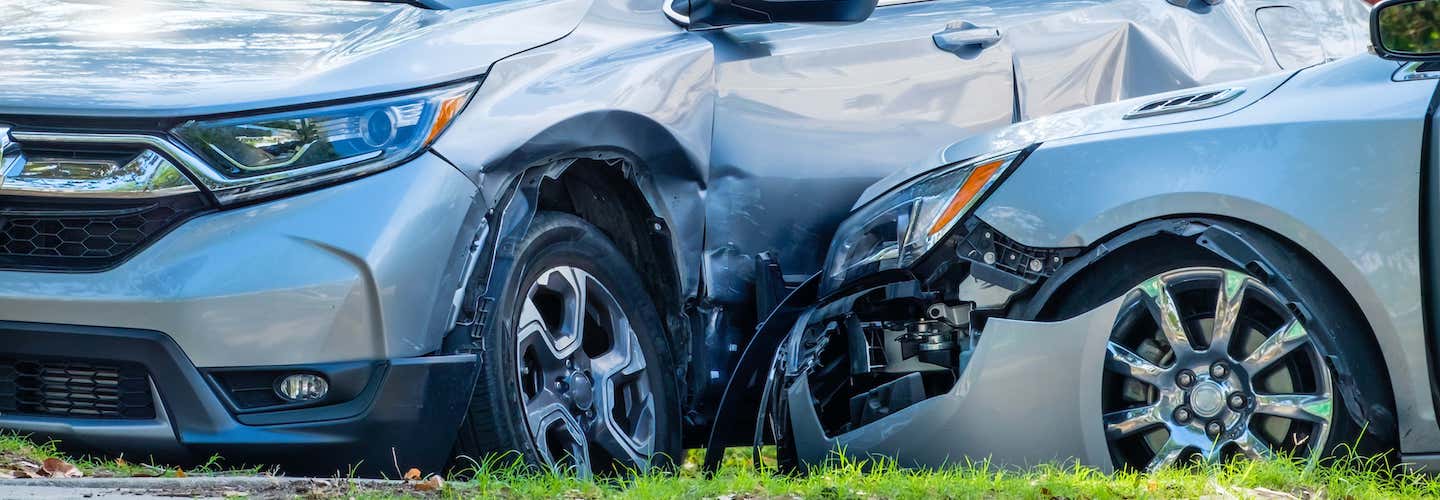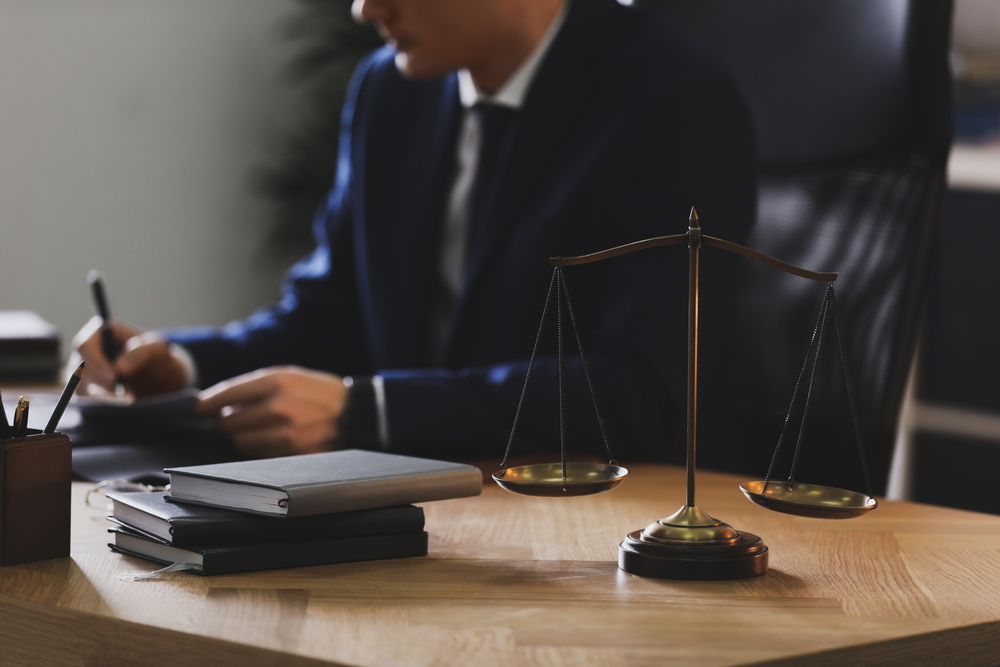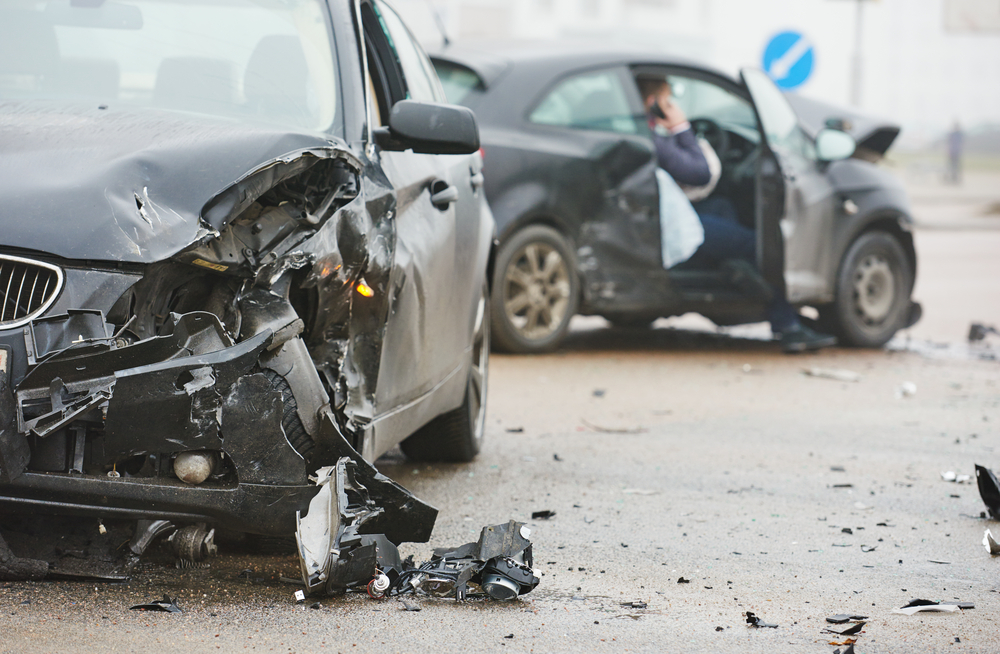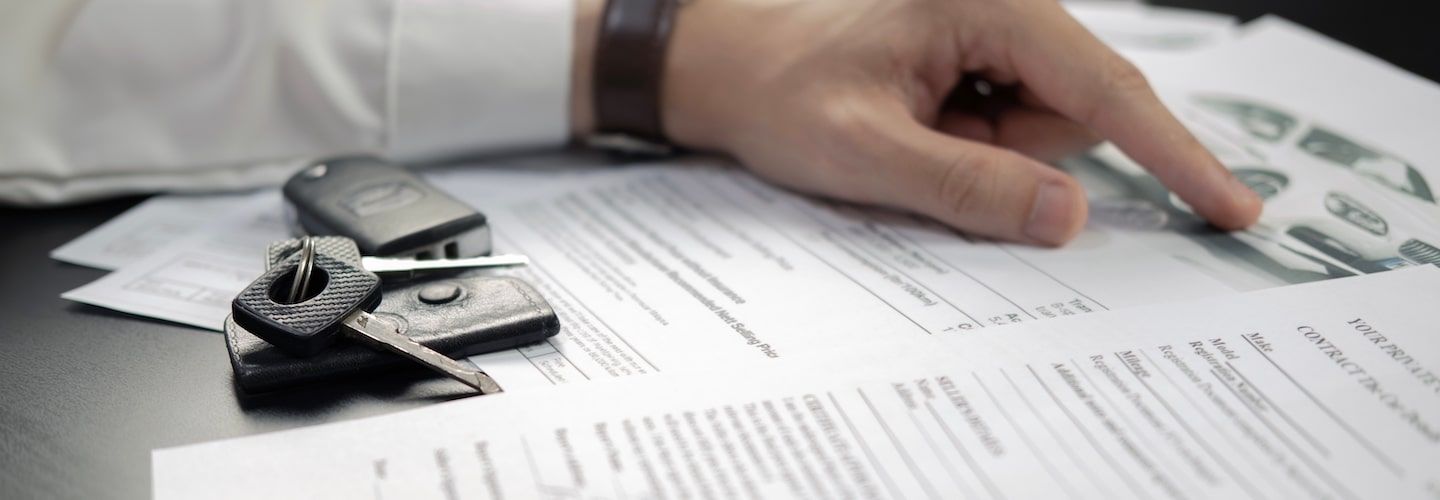Determining fault in car accidents involving backing up in Florida poses unique challenges. In this post, you will learn how factors such as right of way, visibility, and specific circumstances like parking lots or driveways play significant roles. Learn how fault is determined in car accidents when backing up. Get expert insights from Gerber Law to navigate your claim successfully.
Florida Traffic Laws Regarding Backing Up
Florida traffic laws require you to exercise caution and prioritize safety when backing up. Follow these key guidelines:
- Yield the right of way to other vehicles and pedestrians.
- Ensure the path is clear, using mirrors and backup cameras to check for obstacles.
- Stay vigilant for pedestrians and other vehicles in parking lots and driveways.
- Yield to oncoming traffic if you back up onto a street.
Violating these laws may result in an accident or a ticket for reckless driving.
Factors Determining Fault
Determining fault in a backing-up car accident involves several factors:
Right of Way
You must always yield the right of way to other vehicles and pedestrians. If you fail to do so and an accident occurs, you will likely be found at fault.
Visibility and Blind Spots
Ensuring clear visibility before backing up is essential. Check mirrors, use backup cameras, and look over your shoulder to avoid blind spots. If you hit something or someone due to poor visibility, you may be at fault.
Circumstances
Specific situations, such as parking lots and driveways, require heightened caution. In parking lots, both drivers backing up simultaneously might share fault. In driveways, backing into a moving vehicle typically results in your fault, as you are responsible for ensuring a clear path.
Common Scenarios and Fault Determination
Driver backing-up accidents come in all shapes and sizes. Here’s how fault is typically determined in some common situations:
Two Cars Backing Up Simultaneously
Both drivers may share responsibility. Each driver must ensure their path is clear before moving out of a parking space. If both cars collide, fault typically divides based on each driver’s actions and level of caution.
One Car Backing into a Moving Vehicle
If you back into a moving vehicle, you generally bear the fault. You must yield to oncoming traffic and ensure your path is clear before backing up.
Backing into a Stationary Object or Parked Car
Fault usually falls on you if you back into a stationary object or parked vehicle. You are responsible for checking behind you and ensuring no obstacles are present before moving.
Accurate determination of fault relies on these scenarios, along with careful consideration of each driver’s actions and adherence to traffic laws.
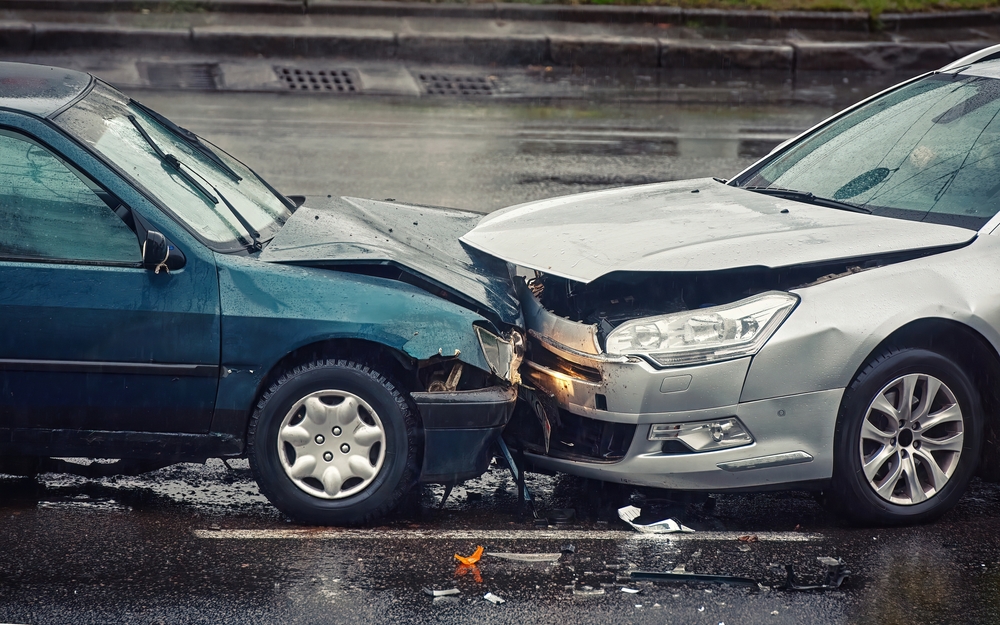
Steps to Take After an Accident
After a car accident involving backing up, follow these steps to protect yourself and handle the situation effectively:
Ensure Safety
Move your vehicle to a safe location if possible, and turn on your hazard lights to alert other drivers. Check for injuries and call emergency services if needed.
Document the Scene
Take clear photos of the accident scene, including damage to all vehicles involved, the surroundings, and any visible injuries. Capture images of license plates, street signs, and relevant road conditions.
Collect Information
Exchange contact and insurance details with the other driver or car accident victims. Obtain contact information from any witnesses who saw the accident. Gather their statements if possible.
File a Police Report
Report the accident to local law enforcement. An official report provides an objective account of the incident and may be required for insurance claims.
Contact Your Insurance Company
Notify your insurance provider about the accident and provide them with all relevant information and documentation.
That said, consulting an experienced Florida lawyer for car accidents when backing is advisable. A personal injury lawyer helps ensure you handle the claim process correctly.
Role of Evidence
Collecting and presenting accurate evidence helps build a strong case, ensuring a fair assessment of fault and supporting your claim effectively. It includes:
Photos
Take detailed photos of the accident scene, vehicle damage, and any relevant road conditions. Photos help establish the extent of damage and the position of vehicles, which supports your account of the accident.
Witness Statements
Obtain contact information and statements from any witnesses. Their observations can provide unbiased accounts of what occurred and clarify who might be at fault.
Police Reports
File a report with local law enforcement. The police report includes an official account of the accident, which can be valuable for insurance claim and legal proceedings. It details the officers’ findings and any citations issued.
Gather as much evidence as possible. The more details you have, the better equipped you are to prove your case and secure fair compensation.
A lawyer is your strongest ally in this process. They can provide expert guidance, help gather and present evidence, and advocate for your rights. Their experience improves your chances of a favorable outcome and helps manage the legal aspects of your case.
How Gerber Law Can Help
At Gerber Lawwe specialize in driveway and parking lot accidents, and we’re here to help you navigate the murky waters of fault determination. Our dedicated team of legal professionals has extensive experience with Florida traffic law. We’ll analyze the evidence from your accident, including photos, witness statements, and the police report. We’ll fight to prove your case and ensure you receive the maximum compensation you deserve under Florida law.
Here’s how Gerber Law can be your strong advocate:
- Expert Legal Guidance: We’ll provide clear and concise legal advice tailored to the specifics of your backing up accident.
- Case Evaluation and Strategy: Our team will thoroughly evaluate your case and develop a winning strategy to maximize your recovery.
- Insurance Negotiation: We’ll handle all communication with your insurance company and fight for a fair settlement offer. Don’t settle for less than you deserve.
- Litigation Support: If necessary, we’ll take your case to court and fight for your rights in a trial.
Contact Gerber Law today for a free consultation. Let our experienced legal team handle the complexities of your case while you focus on healing. Call us now!

